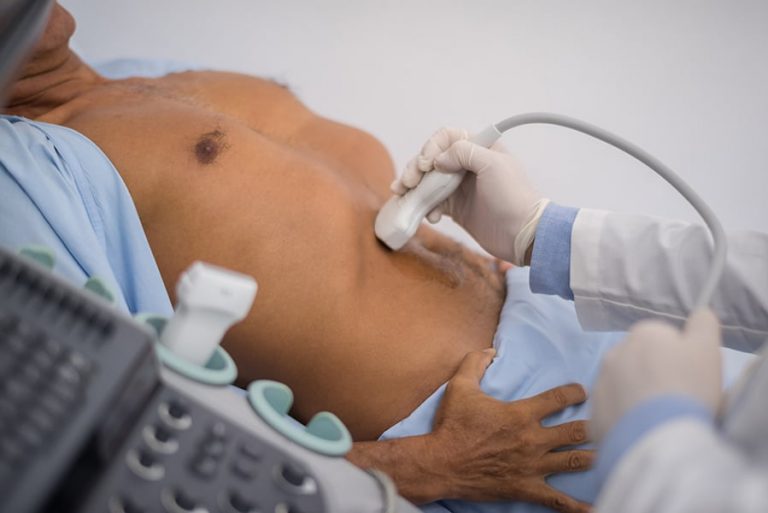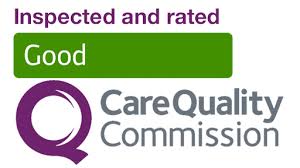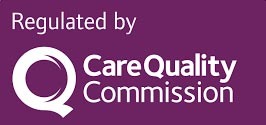A common theme that emerged in the last few months was that as pregnant women were not allowed to take their partner with them during their NHS scans and other maternity appointments ended up opting for a private baby scan such as early pregnancy scan or growth scan so that they can share with their partners the joy of seeing their baby on ultrasound.
The worst part was when women faced with the heart-breaking news of a miscarriage and had no one with them for emotional and psychological support.
New guidance, however, has been issued by the NHS on 14th December 2020 asking NHS Trusts boards to review and risk assess practices related to pregnant woman's journey so that they have the support they need from a partner, relative, friend or other person through pregnancy and childbirth (source).
This guidance replaces the previous framework published on 8 September 2020 that restricted access for partners, visitors and other supporters of pregnant women in English maternity services.
During the Covid lockdown NHs trusts restricted access to maternity services to decrease the risk of spreading the virus which caused anxiety, disbelief and outrage that women were forced to give birth and find out devastating news about miscarriages alone without the psychological support of a partner.
The new guidance means that all expectant mothers will be allowed one person to accompany them “at all stages of her maternity journey” , including baby scans and attend appointments, as long as the support partner is not showing any Covid-19 symptoms. The support person is now an integral part of both the woman and baby’s care throughout and not a visitor.
The women can now take a support person to:
• the early pregnancy unit
• all antenatal scans
• other antenatal appointments where the woman considers it important to have support
• labour and birth from the point of attendance at the hospital or midwifery unit.
There is however concern between midwives and doctors about the safety of patients and staff as a result of the capacity and sensitivity of the lateral flow tests that can allow maternity services to fully reopen. (source)
Responding to the updated guidance, The Royal College of Midwives (RCM) said the NHS Trusts in England should exercise “common sense” when considering whether to allow a support person to accompany expectant mothers at maternity services.
Dr Edward Morris, president of the Royal College of Obstetricians and Gynaecologists, added: “This guidance should support Trusts to undertake any further risk assessments required to enable support partners to attend key appointments and scans, while keeping women and staff safe. “We also hope the rollout of rapid testing will increase the time partners who test negative can spend with women and their babies on antenatal and postnatal wards, although we have concerns about the capacity and sensitivity of lateral flow testing to enable maternity services to reopen fully.
“With increasing prevalence of the virus in many areas and more than 60% of the country under Tier 3 restrictions, decisions about visiting and access for partners and families will need to be based on local information and testing capacity, and clearly communicated to women and their families. “We also call on the Government to clarify legislation which suggests women attending for medical care who test positive for Covid-19 or who are in mandatory self-isolation cannot be accompanied by a support person.”
The RCM, along with the Royal College of Obstetricians and Gynaecologists and the Society and College of Radiographers, said they were consulted on previous drafts of the guidance and gave feedback based on 10 principles. But they added that not all of the principles were adopted by NHSE, and “so the RCM is unable to endorse this new guidance”.
An NHS spokesperson said: “The NHS understands how important it is for pregnant women to have someone by their side at this special time in their lives, which is why extra infection control measures have been put in place, hospitals are rearranging clinics to give more space, and testing for staff and patients recently made available by the Government to ensure this can happen.”
Gill Walton, chief executive of the RCM, said: “We support and trust local maternity and midwifery leaders to make decisions in the best interest of the women in their care. We trust them to work with health and safety representatives and to follow NHS England’s own risk assessment process, which enables maternity services to make decisions about visiting and access for partners and families that are based on current, local information.
“With more areas moving into Tier 3 restrictions, many will question the common sense of releasing this new guidance now.”
[post-views]








